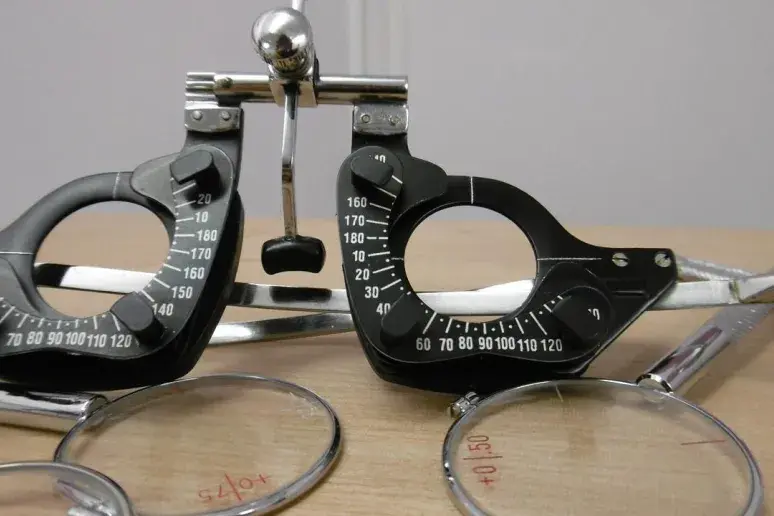
Vision loss in older adults linked to dementia
A strong correlation between loss of vision and dementia and cognitive impairment in the elderly has been revealed in a new study. Scientists at the Medical Informatics Center at Peking University in China believe it may not be the case that poor eyesight comes after mental decline but the other way round.
They analysed information on 76,373 participants across 16 studies relating to the connection between vision loss and dementia. All of the research had been published in respected locations including PubMed, Web of Science, Embase, and PsycINFO.
Looking at both objective and self-reported assessments, the researchers found those with visual impairments had a 60 per cent higher risk of dementia or cognitive impairment. One theory is that less sensory stimulation from vision leads to some brain processes breaking down.
Beibei Xu, associate professor and lead author of the study, said: “This study is among the first to evaluate the association between sight problems and cognitive outcomes in older adults through a comprehensive examination of all available population-based studies in English. Our findings add to the growing evidence that fading eyesight is a risk factor for developing dementia.”
Experts have agreed that the study shows a correlation between the two factors, but that more research needs to be done into the area. Dr Nathaniel Chin, from the Division of Geriatrics and Gerontology in the Department of Medicine at the University of Wisconsin, who was not involved in the study, told Medical News Today a randomised clinical trial is needed to determine causation.
Dr Chin went on to say that strengthening the vision of older patients is a sound strategy. Procedures, like the removal of cataracts, can have numerous benefits, from reducing the risk of cognitive impairment and falls to allowing for more independence by retaining the ability to drive.
Common changes to vision associated with ageing include difficulties in seeing up close, issues distinguishing between similar colours like blue and black, and taking time for eyes to adjust to changes in light levels. These issues can often be easily corrected, but it’s important to ensure elderly relatives have routine eye tests to identify problems early.
Other things that can be done to help maintain vision include blocking UV radiation with sunglasses or a hat with a large brim. Lifestyle choices such as eating healthily and staying active can also be beneficial for the eyes.
Conditions including diabetes and high blood pressure can also represent additional risk factors for eyesight. Other illnesses to be aware of as people age include macular degeneration, glaucoma and dry eye, which require treatment if diagnosed. It’s important to differentiate between the natural consequences of ageing and more serious issues.
Find your nearest Barchester care home
With over 200 care homes in the UK, there's always a Barchester care home near you.

